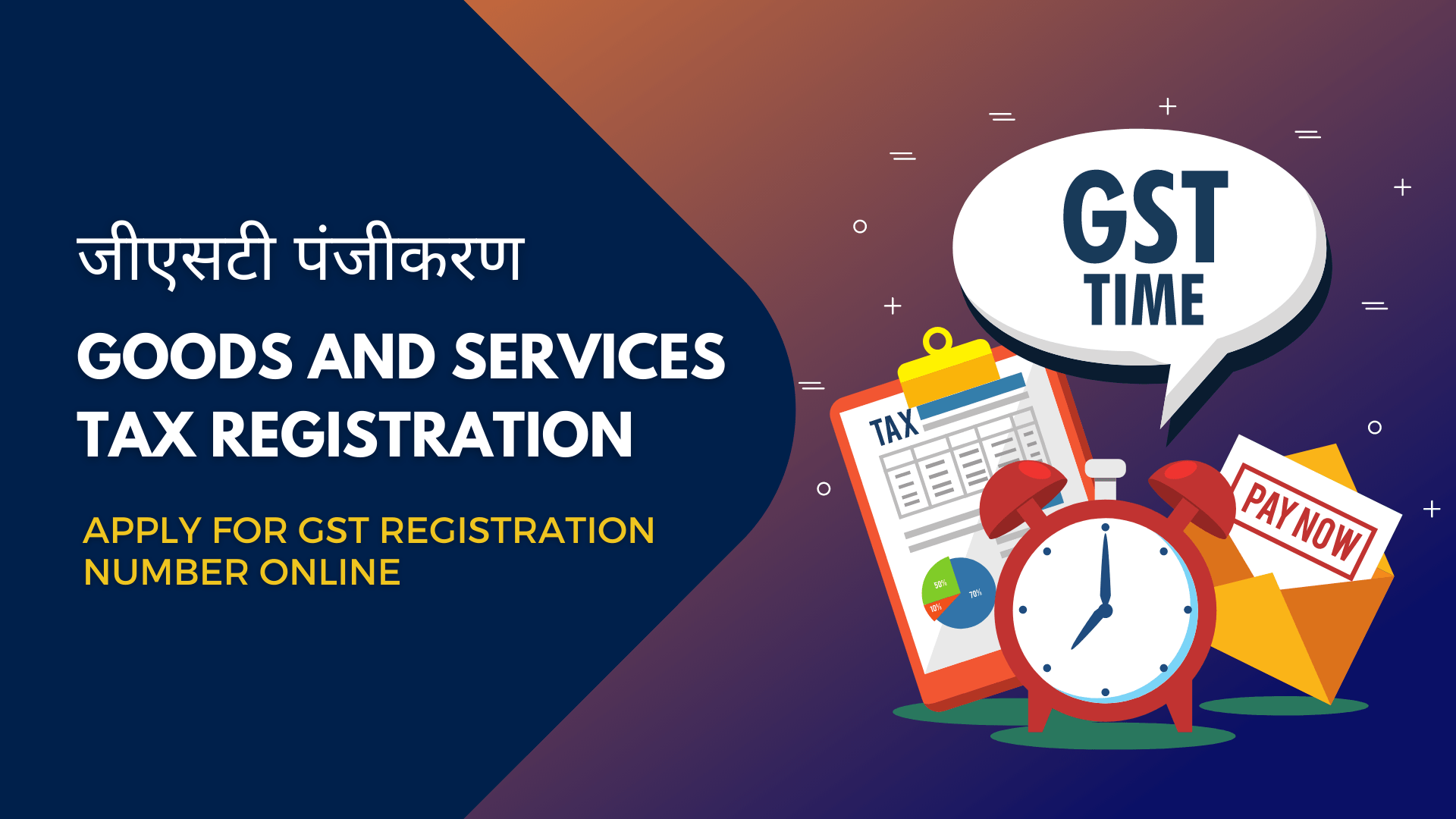Discover Why CFO Account & Services is Your Best Option for GST Registration in Singapore
Discover Why CFO Account & Services is Your Best Option for GST Registration in Singapore
Blog Article
Browsing the Intricacies of GST Registration: A Comprehensive Overview for Entrpreneurs
Navigating the complexities of GST registration can be a daunting job for several organization proprietors, as it involves a myriad of regulations, guidelines, and processes that must be complied with. With the ever-evolving landscape of tax regulations, making certain conformity and comprehending the complexities of GST enrollment is vital for the seamless procedure of any organization. From figuring out eligibility and collecting the necessary documents to optimizing procedures for maximum performance, this extensive overview intends to give company owner with the understanding and devices needed to browse the complexities of GST enrollment efficiently.
Eligibility for GST Enrollment
Organization owners must meet certain requirements to establish their qualification for GST enrollment. In basic, businesses with an annual turnover surpassing a particular limit are called for to sign up for Goods and Services Tax (GST)
Furthermore, businesses that are signed up under any type of previous tax regimen, such as Barrel or service tax obligation, are normally needed to change to GST enrollment. By adhering to the essential requirements, businesses can efficiently navigate the intricacies of GST registration and run legally within the tax obligation framework.
Documents Required for Enrollment
To finish the GST registration process, businesses require to gather and submit a comprehensive collection of documents. The crucial documents needed for GST registration normally include evidence of service enrollment or incorporation such as the Certification of Incorporation, partnership act, or any various other enrollment certificate. In addition, businesses need to provide identity and address evidence of the promoters or partners, which can be in the form of Aadhar card, PAN card, motorist, or key's certificate. Financial documents such as bank declarations, evidence of workplace like rental contract or power bill, and licensed signatory information are additionally important for the registration procedure.
Moreover, certain records connected to the nature of business, such as a listing of services or goods supplied, HSN codes for goods, and SAC codes for solutions, might be called for - Why choose CFO Account & Services for GST registration in Singapore. It is crucial for businesses to guarantee that all files submitted are exact, current, and in the suggested format to avoid any delays or complications in the GST enrollment procedure
Process of GST Registration
Having actually set up the requisite paperwork, services continue to initiate the GST registration process by involving with the on the internet website designated for registration. This online portal is the Goods and Provider Tax Network (GSTN) website, which offers as the primary platform for all GST-related activities in India. Upon accessing the portal, organizations are needed to fill out the GST enrollment form with precise information regarding their business activities, turn over, and other pertinent information.
When the kind is completed and sent on the portal, the GSTN confirms the information provided by the service. If any inconsistencies are located, the applicant might be called for to provide extra details or clarification. Complying with effective verification, a GST registration certification is issued to the business entity. This certificate consists of an unique Goods and Solutions Tax Obligation Recognition Number (GSTIN) that is used for all GST-related transactions.
It is very important for organizations to ensure that the information provided during the GST registration process is precise and as much as date to prevent any type of prospective concerns or hold-ups in getting the GST registration certificate.
Understanding GST Compliance

Services require to be familiar with the numerous GST conformity needs based upon their turn over, nature of solutions or items, and the states in which they run. It is crucial to stay upgraded on any kind of adjustments in GST regulations and regulations to avoid any non-compliance issues.
Non-compliance with GST regulations can cause substantial penalties, charges, and even legal effects. Organizations have to spend time and resources in educating themselves and their staff on GST conformity. Seeking specialist aid from tax obligation consultants or consultants can additionally assist in navigating the intricacies of GST conformity and guaranteeing that businesses run within the legal framework.

Tips for Optimizing Business Workflow
For this hyperlink boosted efficiency and productivity in service procedures, tactical preparation and streamlined processes are essential elements. One pointer for optimizing service operations is to take advantage of modern technology efficiently.
An additional important element is focusing on tasks based on their value and target dates. By creating a clear power structure of jobs and establishing practical timelines, companies can make sure that crucial activities are completed promptly. Cultivating a culture of open communication and collaboration among team members can lead to boosted effectiveness and technology.

Conclusion
To conclude, navigating the intricacies of GST enrollment requires a clear understanding of eligibility requirements, needed records, enrollment procedures, and compliance demands. By adhering to these standards and enhancing organization procedures, business proprietors can ensure smooth operations and compliance with the GST guidelines. It is vital for services to remain enlightened and upgraded on GST guidelines to prevent any type of charges or legal problems.
The essential files required for GST registration typically consist of evidence of organization enrollment or unification such as the Certification of Consolidation, collaboration action, or any type of other registration certification.Having actually constructed the requisite documents, businesses proceed to initiate the GST enrollment process by engaging with the on the internet site assigned for enrollment. Upon accessing the portal, organizations are called for to load out the GST registration type with accurate details concerning their service tasks, turnover, and other appropriate details.
In order to maintain adherence find out here to GST regulations and stay clear of penalties, services should prioritize recognizing GST conformity. By adhering to these guidelines and optimizing service operations, business proprietors can ensure smooth procedures and compliance with the GST guidelines.
Report this page